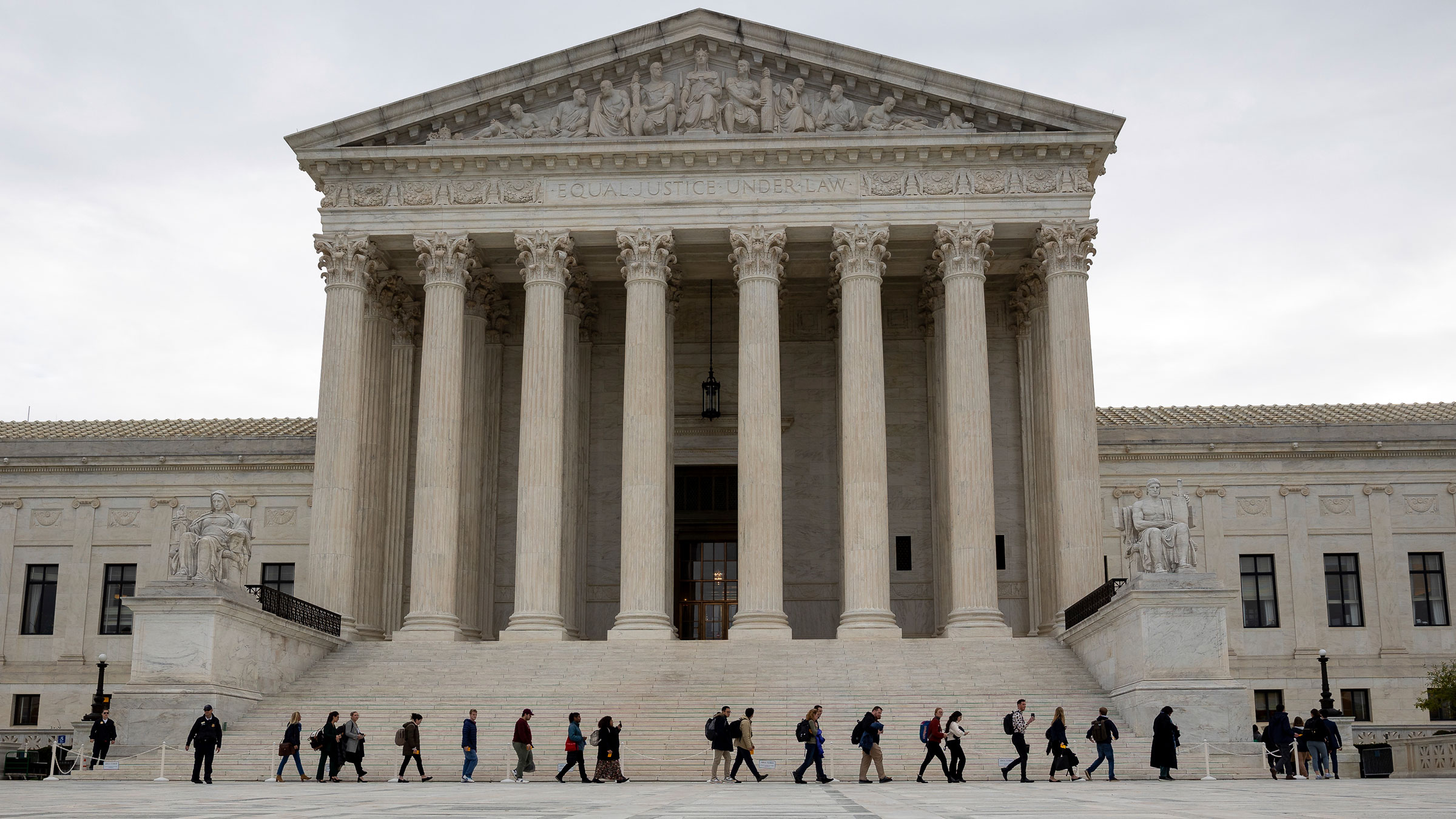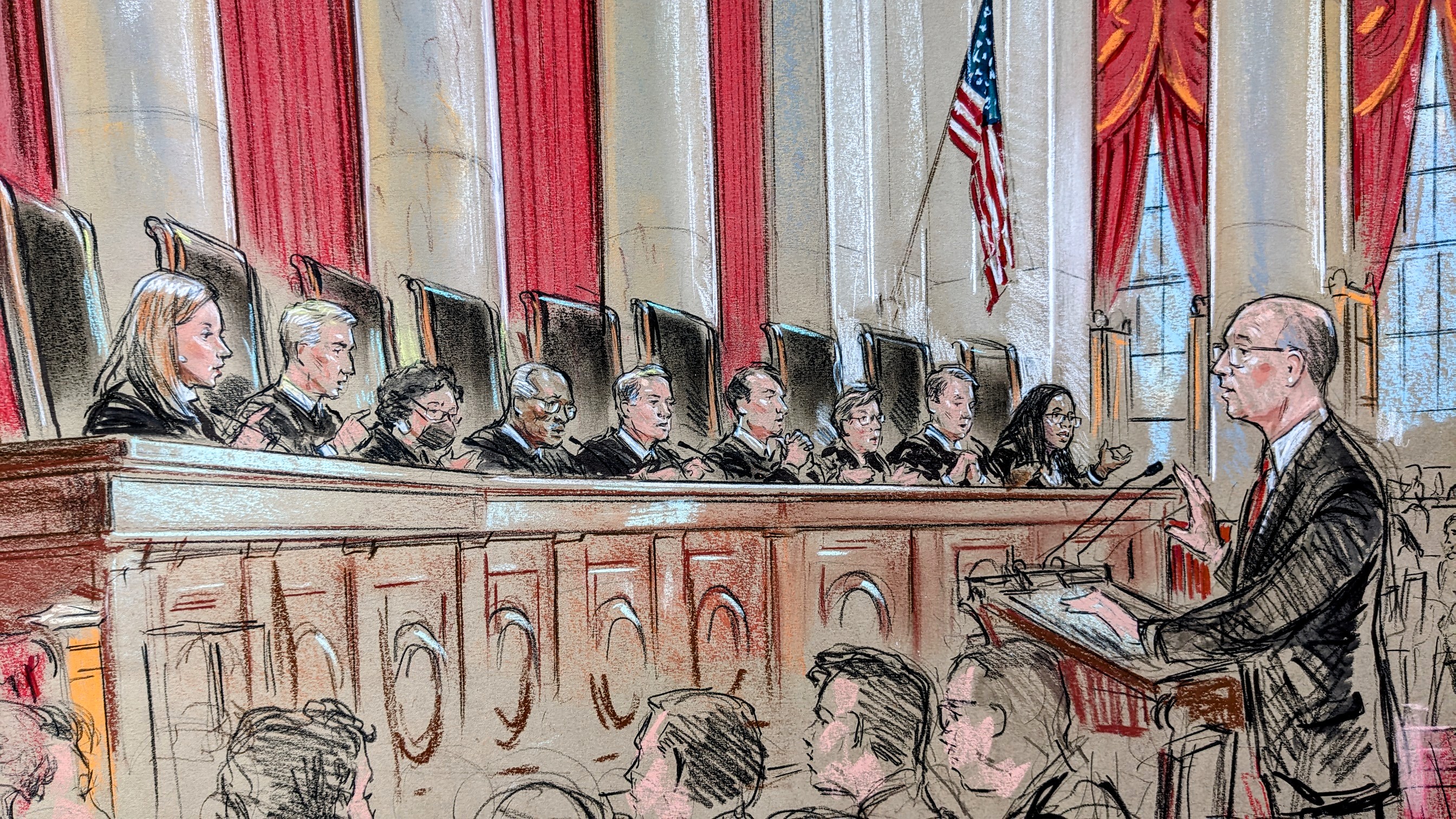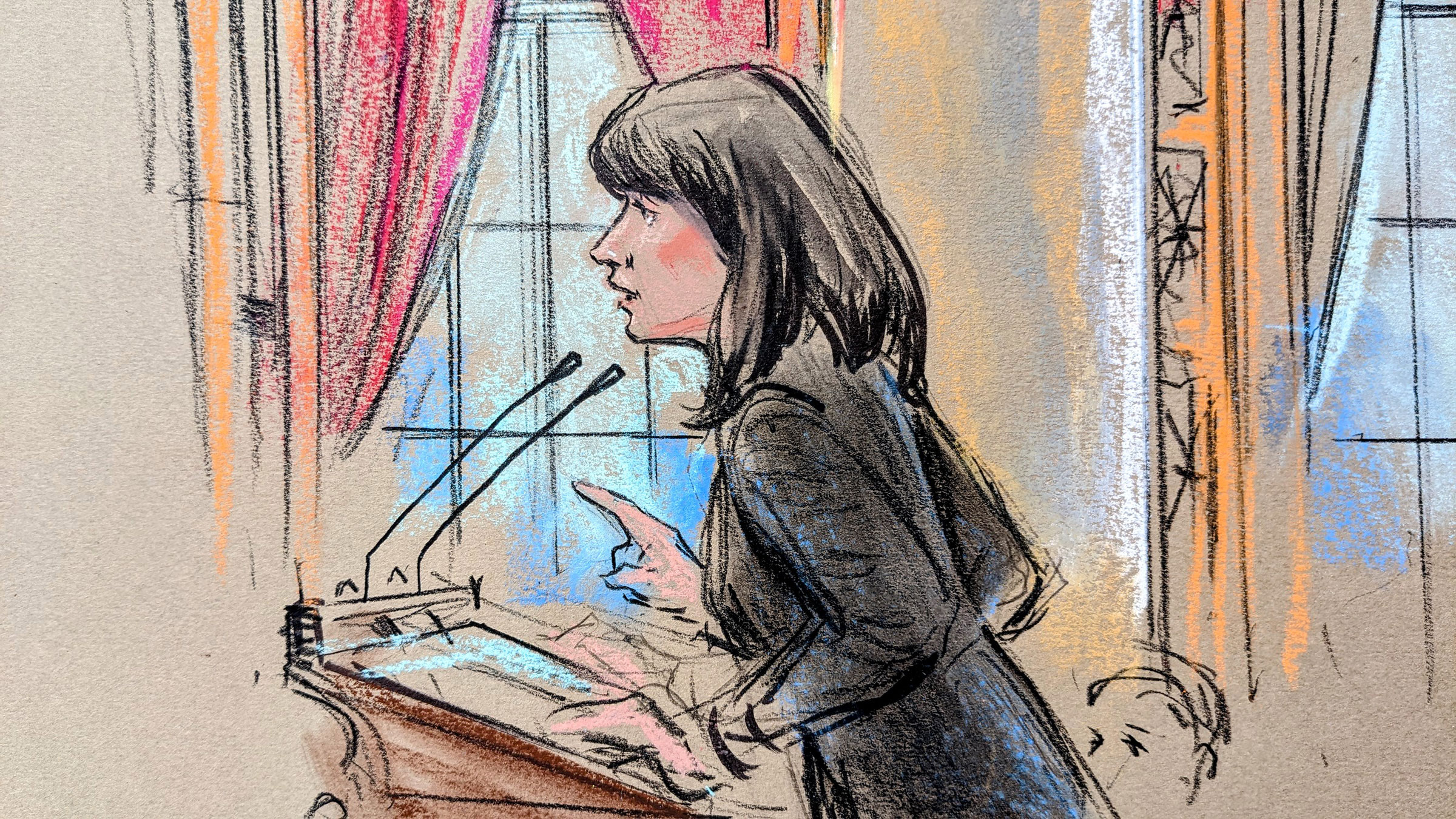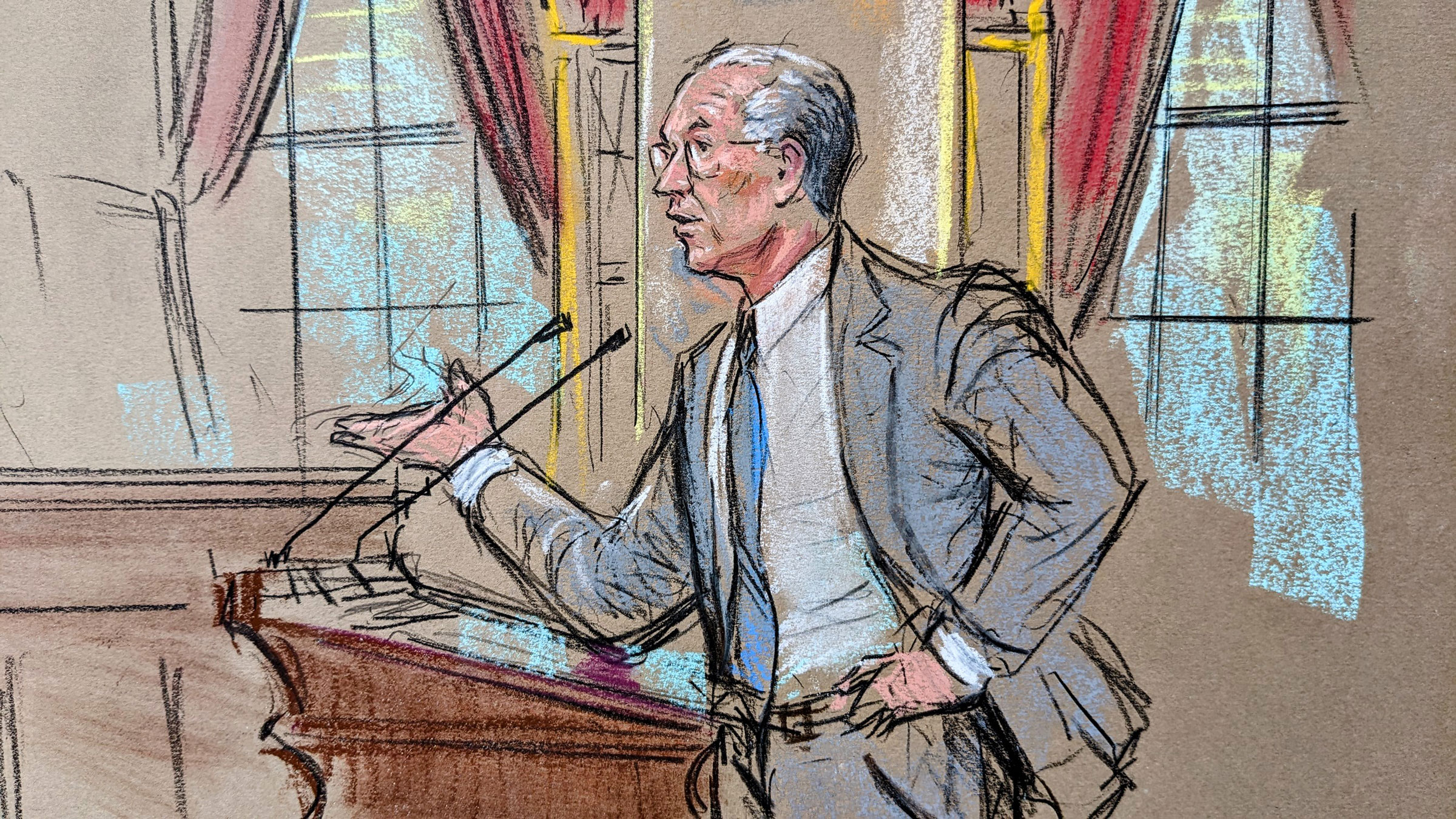
Conservative Supreme Court justices were hostile on Monday to the ongoing use of race-based affirmative action in college admissions.
The court took nearly five hours to debate affirmative action policies at the University of North Carolina and Harvard.
Based on Monday’s oral arguments, the six conservative justices appear ready to end the use of affirmative action in admissions, overturning a precedent from 1978.
Here are key takeaways from today's oral arguments:
Conservatives say defenders of affirmative action can’t articulate an end point
The conservative wing of the court harped on the lack of clarity around when the need for affirmative action would end. Multiple justices asked Ryan Park, the North Carolina Solicitor General who is defending the UNC admissions program, to elaborate on how to measure that a school has achieved the diversity goals that would render affirmative action unnecessary.
"I don't see how you can say that the program will ever end," Chief Justice John Roberts said during a pile-on that also included Justices Samuel Alito and Amy Coney Barrett. "Your position is that race matters because it's necessary for diversity, which is necessary for the sort of education you want. It's not going to stop mattering at some particular point, you're always going to have to look at race because you say race matters to give us the necessary diversity."
Justice Brett Kavanaugh said the court will struggle if they are asked to review affirmative action again in 10 years, “if you don’t have something measurable” that shows whether the diversity goals have been achieved.
Thomas questions educational benefit of racial diversity
Justice Clarence Thomas asked all three lawyers arguing in favor of UNC's affirmative action program — Park, US Solicitor General Elizabeth Prelogar and David Hinojosa, who is representing UNC students defending the program — to explain how racial diversity benefits the educational experience students receive.
“I may be tone deaf when it comes to all these other things that happen on campus, about feeling good and all that,” Thomas said to Hinojosa. “I'm really interested in a simple thing. .. what benefits academically are there to your definition or the diversity that you're asserting?”
When he posed the question to Park, Thomas suggests that Park’s response reminded him of the arguments he heard in favor of segregation.
Jackson says barring all consideration of race invites its own constitutional problems
Justice Ketanji Brown Jackson warned that if colleges are prohibited from making any consideration of race, it risks violating the Constitution’s equal protection protections for students who will not be able to present that background in their applications.
“I hear a process in which there's a form that says tell us about yourself and people can put all sorts of things. I'm Catholic, I'm from, you know, Los Angeles, I'm Latina, whatever,” she said. “But now we're — we're entertaining a rule in which some people can say the things they want, about who they are and have that valued in the system. But other people are not going to be able to. Because they won't be able to reveal that they're Latino or African American or whatever. And I'm worried that that creates an inequity in the system.”
Sotomayor points to how states that bar affirmative action have fared
Justice Sonia Sotomayor returned repeatedly to the statistics coming the schools in states that have barred affirmative action.
At one point, she raised those trends to push back on conservatives’ invocation of the 25-year timeline the Supreme Court set, in its 2003 ruling sanctioning the use of race in admissions, for affirmative action programs to no longer be necessary.
“Even your adversary said he didn't see the 25 years as a set deadline. It was an expectation,” Sotomayor said to Park. “What we know we have nine states who have tried it and in each of them as I mentioned earlier, whites have either, white admissions have either, remained the same or increased. And clearly, in some institutions, the numbers for underrepresented groups has fallen dramatically, correct?”
Harvard grilled on allegations of discrimination against Asian applicants
While the justices raised many of the same issues in the Harvard case's hearing as they did in the early UNC lawsuit arguments, Harvard attorney Seth Waxman got a grilling on the specific allegations of discrimination against Asian applicants -- allegations only being brought in the Harvard case.
Alito pressed Waxman extensively on the evidence that Asian applicants received lower personal ratings in the admissions process than other racial groups. Waxman's attempts to emphasize that race was an important factor in very few of the admission decisions prompted Roberts to remark sharply "So there's only a little racial discrimination in the case?"
Roberts also had a pointed retort in Waxman compared the advantage an applicant might get because of their race to the advantage Harvard would give an oboe player if the school's orchestra was in need of that instrument.
"We did not fight a civil war about oboe players," Roberts said. "We did fight a civil war to eliminate racial discrimination and that's why it's a matter of considerable concern."






